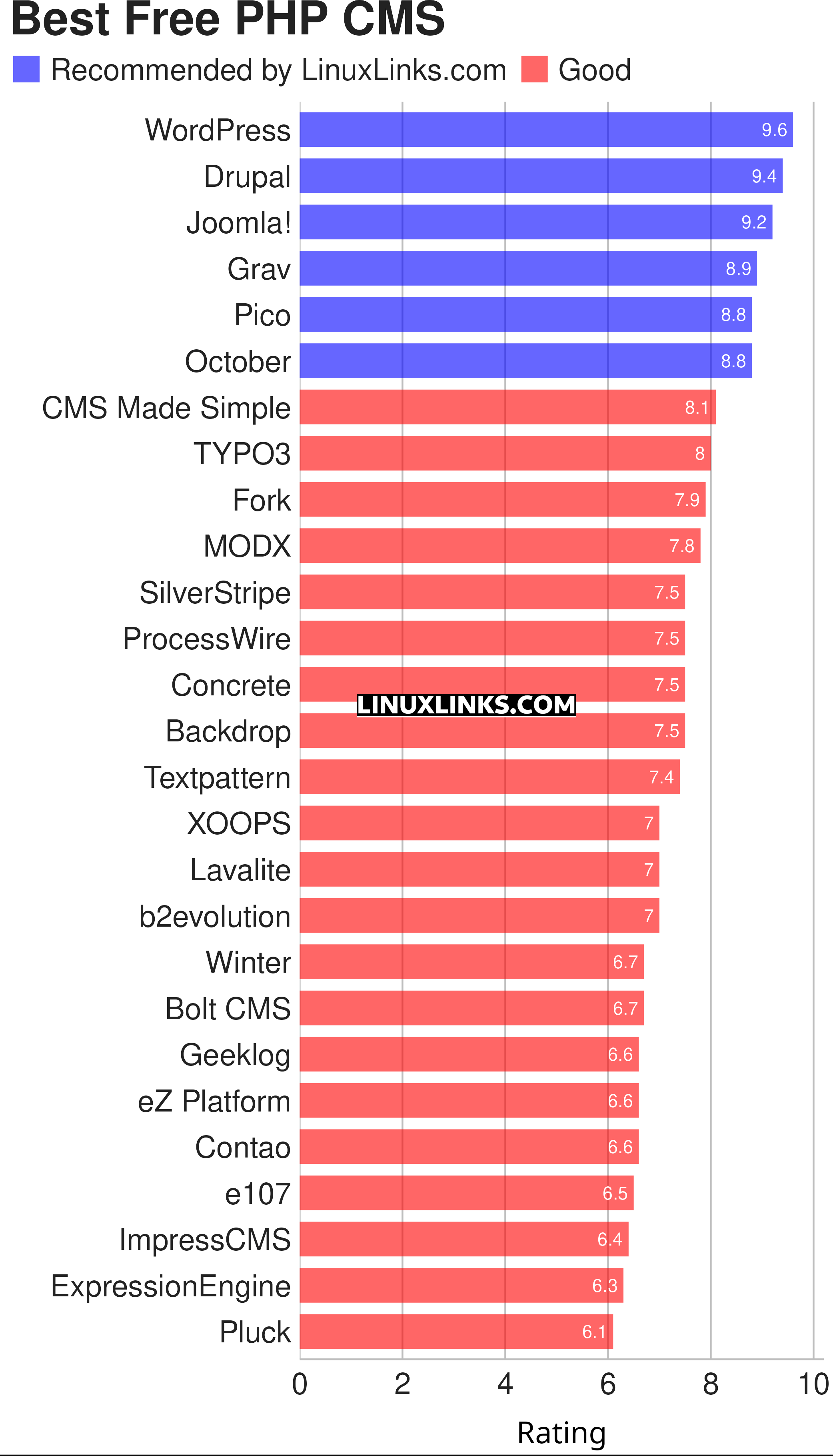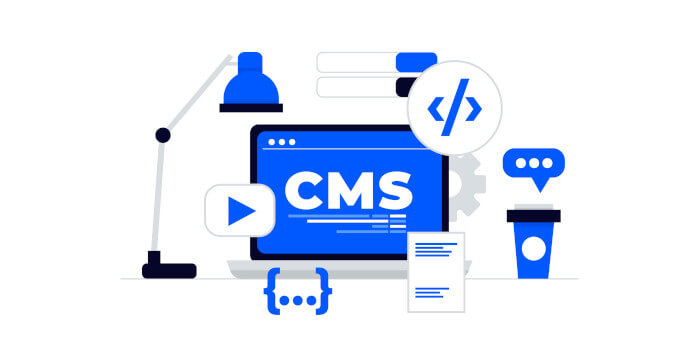A web content management system (WCMS) is software designed to simplify the publication of Web content. In particular, it enables content creators to submit content without requiring technical knowledge of HTML or the uploading of files. A CMS is most commonly used in creating an intranet or in establishing a presence on the Web.
This type of software that keeps track of every piece of content on a Web site. Content can be simple text, photos, music, video, documents, or just about anything you can think of. A major advantage of using a CMS is that it requires almost no technical skill or knowledge to manage.
Not only do content management systems help website users with content editing, they also take care of a lot of “behind the scenes” work such as automatically generating navigation elements, making content searchable and indexable, keeping track of users, their permissions and security setting, and much more.
To provide an insight into the quality of software that is available, we have compiled a list of 27 high quality free Linux WCMS. Hopefully, there will be something of interest for anyone who wishes to manage a website.
Here’s our verdict captured in a legendary LinuxLinks-style ratings chart. They are all free and open source software.

Let’s explore the 27 WCMS tools at hand. For each title we have compiled its own portal page, providing a screenshot of the software in action, a full description with an in-depth analysis of its features, together with links to relevant resources.
| PHP-Based Web Content Management Systems | |
|---|---|
| WordPress | Create a beautiful website, blog, or app |
| Drupal | Platform and content management system written in PHP |
| Joomla! | Award-winning system to build Web sites and powerful applications |
| Grav | Super fast modern CMS |
| Pico | Blazing speed, flexibility, and a lightweight footprint |
| October | Based on the Laravel PHP Framework |
| CMS Made Simple | Designed for simple stable content sites |
| TYPO3 | Small to midsize enterprise-class content management system |
| Fork | User friendly environment to build, monitor and update your website |
| MODX | Powerful framework to deploy and secure websites and web applications |
| SilverStripe | Flexible, open source programming framework, and CMS |
| ProcessWire | Polished content management system (CMS) and framework (CMF) |
| Concrete | CMS, CMF and easy to use Web Builder |
| Backdrop | Fork of Drupal |
| Textpattern | Flexible, elegant and easy-to-use open source system |
| XOOPS | eXtensible Object Oriented Portal System |
| Lavalite | CMS built with Laravel |
| b2evolution | Highly integrated CMS |
| Winter | PHP/MySQL based application for managing dynamic web content |
| Bolt CMS | Based on Silex and Symfony components, uses Twig |
| Geeklog | Very extensible system with good support for blogging |
| eZ Platform | Professional PHP application framework with advanced CMS |
| Contao | (formerly TYPOlight) Specializes in accessibility (back end and front end) |
| e107 | Portal or CMS using PHP and MySQL |
| ImpressCMS | Community developed Content Management System |
| ExpressionEngine | Mature, flexible, secure content management system |
| Pluck | Focuses on user friendliness; lets anyone manage a website |
This article has been revamped in line with our recent announcement.
 Read our complete collection of recommended free and open source software. Our curated compilation covers all categories of software. Read our complete collection of recommended free and open source software. Our curated compilation covers all categories of software. Spotted a useful open source Linux program not covered on our site? Please let us know by completing this form. The software collection forms part of our series of informative articles for Linux enthusiasts. There are hundreds of in-depth reviews, open source alternatives to proprietary software from large corporations like Google, Microsoft, Apple, Adobe, IBM, Cisco, Oracle, and Autodesk. There are also fun things to try, hardware, free programming books and tutorials, and much more. |


Thanks for such a Great Post!
What script is linuxlinks using? It’s just what I’m looking for.
Why is not Vvveb CMS in the list? It’s the most user friendly open source cms.
Maybe because its first release was only three days ago…